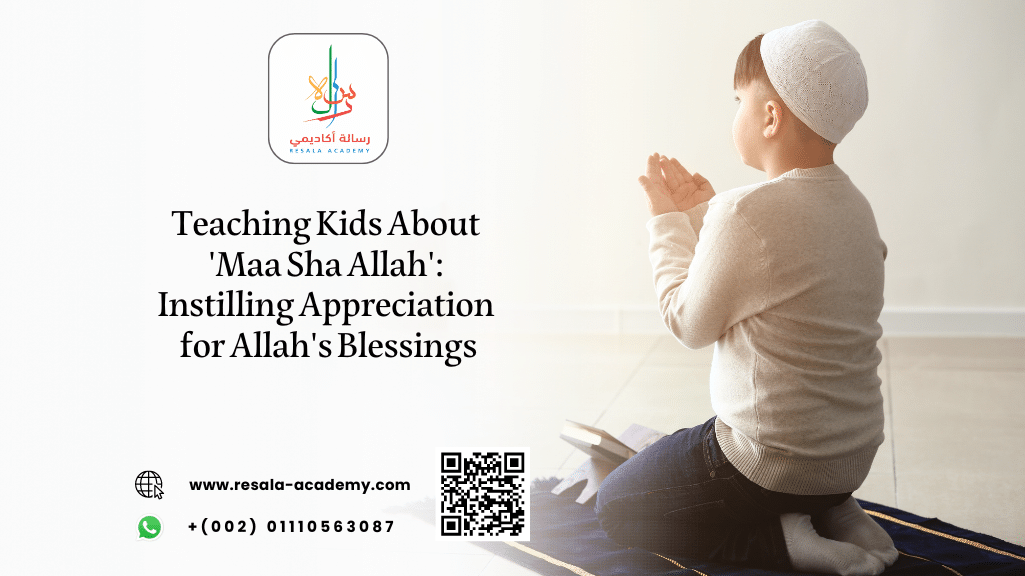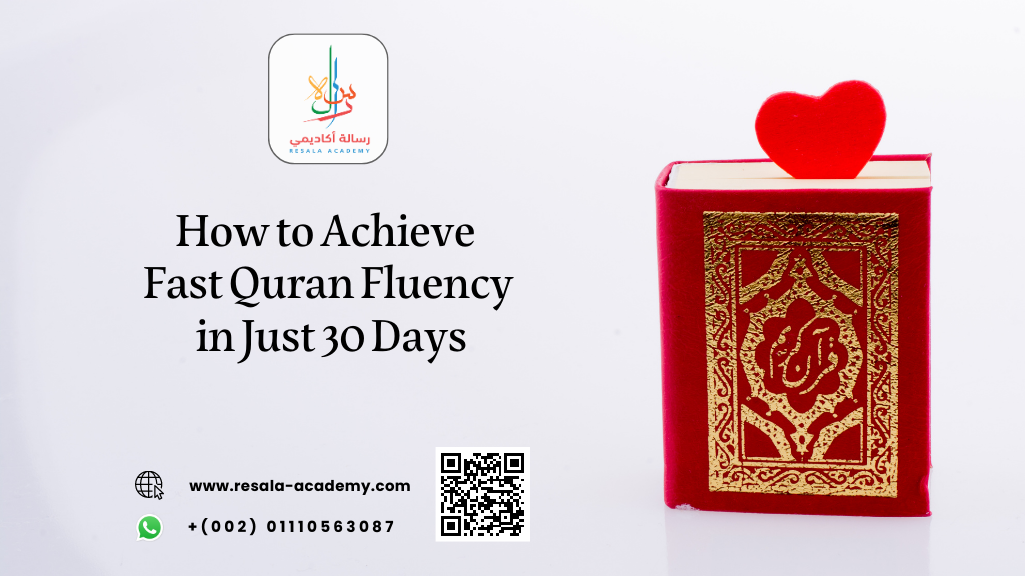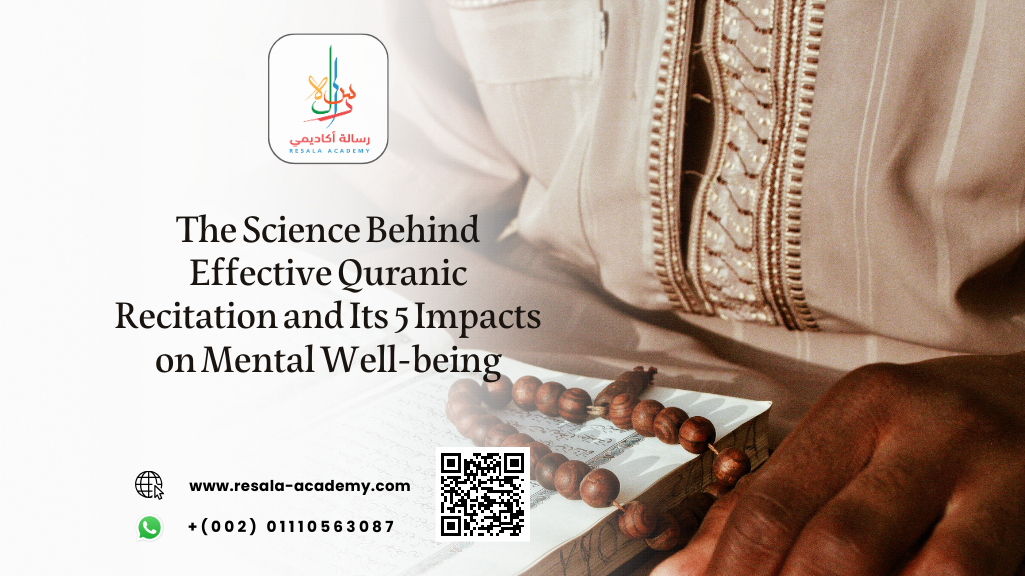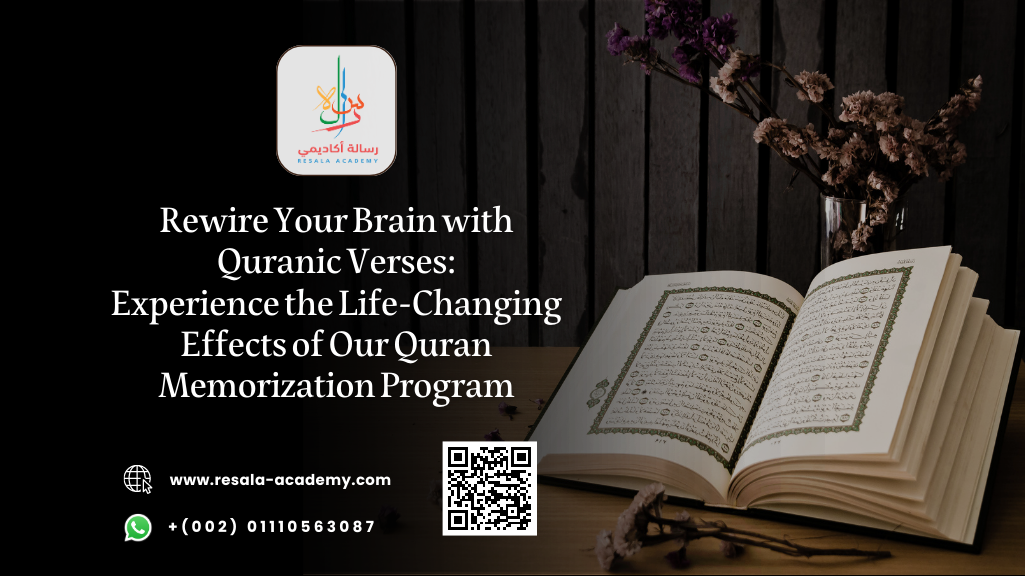Table of Contents
Teaching Kids About 'Maa Sha Allah': Instilling Appreciation for Allah's Blessings
In a world filled with distractions and material pursuits, nurturing gratitude in our children is more important than ever. One powerful phrase that embodies this spirit of appreciation is “Maa Sha Allah.”
This Arabic expression translates to “as Allah has willed,” acknowledging the beauty and blessings bestowed upon us by the Creator.
Teaching kids about this phrase not only enriches their understanding of Islamic values but also helps cultivate a sense of thankfulness for life’s gifts.
By instilling an appreciation for these divine blessings, we can guide our little ones toward a life filled with positivity and reverence. Let’s explore how we can effectively introduce them to the meaning and significance of “Maa Sha Allah.”
Introduction to the Meaning of Maa Sha Allah
Maa Sha Allah,” or مَا شَاءَ اللّٰهُ Mashallah in Arabic, translates to “What God has willed” or “If God wills it.” It is a phrase commonly used among Arabic speakers and Muslims around the world to express appreciation, gratitude, or admiration for something that has occurred or for someone’s achievements. The expression reflects a deep-seated understanding of the belief in divine will and destiny.
The Quran emphasizes this sentiment in Surah Al-Kahf, where it states,
“If only you had said, upon entering your property, ‘This is what Allah has willed! There is no power except with Allah!’ Even though you see me inferior to you in wealth and offspring,” (Quran 18: 39).
Using “Maa Sha Allah” often reminds us to maintain our humility before Allah’s gifts. It encourages gratitude rather than envy when witnessing someone else’s success or happiness. By using this phrase regularly, children learn to appreciate what they have while acknowledging that these blessings come from a higher power.
Teaching kids about “Maa Sha Allah” instills an attitude of thankfulness within them. It fosters a mindset focused on positivity as well as admiration for Allah’s creations around them.
Exploring the Etymology of Maa Sha Allah
The phrase “Maa Sha Allah” originates from the Arabic language, translating to “What Allah has willed.” This expression holds profound significance in Islamic culture. It embodies gratitude and recognition of God’s power over all that exists.
Delving deeper into its components, “Maa” means “what,” while “Sha” translates to “has willed,” and “Allah” refers to God. Together, they form a statement acknowledging that everything good is a result of divine will.
This phrase often arises during moments of admiration or astonishment—whether witnessing beauty in nature, the success of loved ones, or any favorable circumstance. Using it helps individuals acknowledge that their blessings stem from God’s grace.
In many cultures within the Muslim world, saying “Maa Sha Allah” serves as a protective charm against envy or the evil eye. By attributing goodness back to Divine will, people foster an attitude of humility and appreciation for what they have received.
Understanding this etymology enriches one’s grasp of its use in daily life. Teaching children about these elements instills deeper respect for both language and spirituality while nurturing their connection with faith.
Other Uses and Cultural Significance of Maa Sha Allah
Maa Sha Allah holds significant cultural and social meaning beyond its religious context. Understanding its broader implications can enrich our appreciation of this phrase.
– Expression of Admiration: People often use Maa Sha Allah to express admiration or appreciation when they see something beautiful, such as a child or an accomplishment. This serves as a reminder to acknowledge the beauty in life while attributing it to divine will.
– Protection from Envy: The phrase acts as a protective shield against envy. When someone praises another’s success or good fortune with Maa Sha Allah, it helps ward off negative energy that could arise from jealousy.
– Cultural Sharing: In many Muslim communities, saying Maa Sha Allah fosters connection among individuals. It encourages sharing personal stories of blessings and achievements, creating bonds through shared faith and values.
– In Art and Literature: The expression frequently appears in Islamic art and literature. Artists might depict scenes accompanied by calligraphy of the phrase, celebrating moments infused with gratitude towards God’s creations.
– Celebratory Occasions: During weddings, births, or other celebrations, people often invoke Maa Sha Allah to mark these joyous events while reminding attendees of the grace behind them.
Learn how to recognize and effectively deal with toxic people in your life using the power of positive thinking and communication. Discover healthy coping strategies and ways to set boundaries that will protect your well-being. Don’t let toxic people bring you down, take control of your relationships today!
How to Teach Kids to Appreciate Allah’s Blessings
Teaching kids to appreciate Allah’s blessings is essential for nurturing gratitude and mindfulness. By instilling these values early, you help them grow into thankful individuals who recognize the beauty around them.
1. Start by encouraging frequent discussions about daily blessings. Ask your children what they are grateful for each day, fostering a habit of reflection
2. Incorporate stories from the Quran that highlight Allah’s generosity and mercy. Engaging narratives can make this concept relatable and inspiring for young minds.
3. Use tangible examples in their everyday lives. Point out simple joys—a sunny day, good health, or a delicious meal—and relate these to Allah’s creations and gifts.
4. Encourage acts of kindness as expressions of appreciation. When children share their toys or help others, remind them it’s a way to show gratitude for all they have received from Allah.
Resala Academy offers Online Quran Classes for Kids designed to cultivate deep connections with Islamic teachings including appreciation of blessings. Equip your child with knowledge today!
Resources for Learning More About Maa Sha Allah
To deepen your understanding of “Maa Sha Allah,” various resources can help you explore its significance and application in daily life. These materials cater to different learning styles, making it easier for both kids and adults to grasp the concept.
1- Islamic Books: Look for books that explain Islamic phrases and their meanings. Titles specifically focused on blessings can provide insight into why we say “Maa Sha Allah.”
2- Online Articles: Numerous websites offer articles discussing the importance of appreciating Allah’s gifts through expressions like “Maa Sha Allah.” These are great for quick reference.
3- YouTube Videos: Visual learners may benefit from YouTube channels dedicated to teaching Islamic concepts. Many videos explain how and when to use this phrase effectively.
4- Community Classes: Local mosques often hold classes or workshops about everyday Islamic practices, including discussions about sayings like “Maa Sha Allah.” Engaging with others enhances understanding.
To further enrich your child’s learning experience, consider enrolling them in Resala Academy’s online Islamic course. Our expert instructors make these sessions engaging and informative, ensuring a strong foundation in Islamic teachings.
Take the Next Step in Your Quran Journey: Join Resala Academy’s Intermediate Course Now!
Embarking on a journey through the Quran is both an enlightening and fulfilling experience. At Resala Academy, we understand that each step in this journey brings you closer to understanding your faith deeply. Whether you’re looking to enhance your recitation skills or delve into Tafsir, our Intermediate Course offers structured lessons tailored to various learning levels.
Our experienced instructors are dedicated to ensuring that every student receives personalized attention. They utilize interactive teaching methods that keep students engaged and motivated throughout their learning process. This course not only focuses on Tajweed but also enriches your understanding of important concepts within Islam.
Joining our Intermediate Course means becoming part of a supportive community. You’ll connect with fellow learners who share similar goals, allowing for collaborative learning experiences and meaningful discussions about Islamic teachings.
Additionally, the convenience of online classes allows flexibility in scheduling while maintaining high-quality education from the comfort of your home. Take action today! Join Resala Academy’s Intermediate Course and elevate your Quranic knowledge like never before.
FAQs
1. What does “Maa Sha Allah” mean?
“Maa Sha Allah” translates to “As Allah has willed.” It is a phrase used to express admiration or appreciation for something beautiful, acknowledging that it is by God’s will.
2. When should I use “Maa Sha Allah”?
This phrase can be used in various situations. For instance, when complimenting someone’s achievements, beauty, or good fortune. It’s a way of expressing gratitude and ensuring blessings are protected from envy.
3. Can children understand the meaning of “Maa Sha Allah”?
Yes! With proper guidance and context, children can grasp its significance. Teaching them about the phrase helps instill an understanding of gratitude towards Allah’s blessings from an early age.
4. Is there a specific etiquette for using “Maa Sha Allah”?
While there’s no strict rule, it’s generally advised to say it sincerely and with intention. It’s also customary to follow up with prayers for continued blessings after saying the phrase.
5. How does using “Maa Sha Allah” contribute to Islamic values?
Using this expression reinforces key Islamic teachings on gratitude and humility. It serves as a reminder that all good things come from God and encourages us to appreciate His gifts in our lives.
Conclusion
Teaching children about “Maa Sha Allah” is an essential part of nurturing their faith and appreciation for the blessings they receive. Instilling this phrase into their lives helps them recognize the beauty in what Allah has provided. It teaches gratitude, mindfulness, and respect not only for their own experiences but also for those around them.
By understanding its meaning and significance, children can learn to express admiration without envy or jealousy. Incorporating teachings from the Quran will deepen their comprehension and connection to Islamic values.
As parents or educators, your role is crucial in guiding kids through these lessons. By fostering a culture of thankfulness that includes phrases like “Maa Sha Allah,” we equip our children with tools that strengthen their relationship with Allah and encourage a positive outlook on life.
Engaging resources, supportive environments, and structured learning opportunities greatly enhance this process. Consider enrolling in online classes such as those offered by Resala Academy to ensure your child has a strong foundation in Quranic studies along with valuable insights into expressions of gratitude like “Maa Sha Allah.” This journey not only enriches their religious knowledge but cultivates lifelong skills rooted in appreciation.




